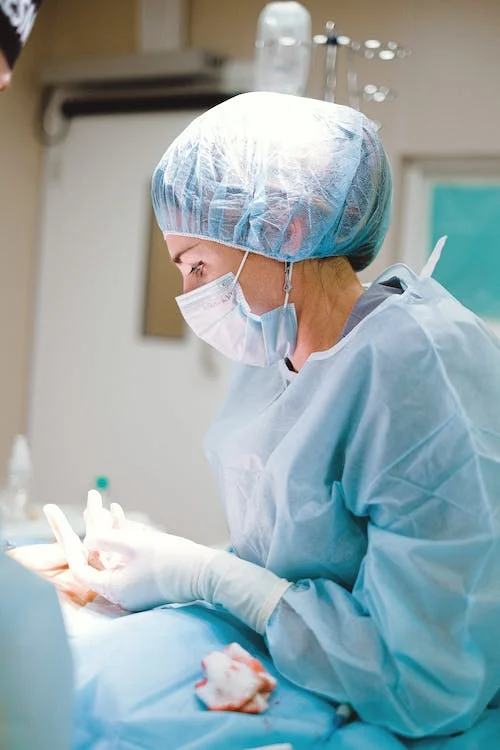Surgical procedures come with varying degrees of associated risks. Some people shy away from surgical procedures because of the pain while others perform a risk assessment to ensure that the risks of complications or other related issues are lower while the chances of success are higher.
It is normal and understandable that people are apprehensive about their safety, especially when it comes to surgical procedures. However, plastic surgery Monmouth County has been generally safe, especially considering that there is no medical procedure that doesn’t come with its associated risks.
To ensure that more patients are confident in the process that they are about to undergo, many plastic surgeons walk patients through the process, what to expect, and also devise the best possible approach to addressing the concerns that have been presented by the patient.
On the patient’s part, certain steps can be taken to ensure that the chances of complications are lowered to the barest minimum. Some of the recommended steps to take include;
- Ensure that the plastic surgeon that is about to perform the procedure is a board-certified expert in the specific field of your interest.
- Before visiting a plastic surgeon, be sure to have researched into them and find references that you can trust.
- Take a careful look at the plastic surgeon’s website, meticulously study the gallery of past work- if present- and also study the services offered.
- Confirm that the prospective plastic surgeon is one that has hospital privileges and has state of the art facilities that support the procedure of interest.
- Schedule a consultation where you discuss the plastic surgeon’s experience. the higher the number of successful cases they have handled, the better.
- Inquire about the benefits, complications, risks, and other information you stand to experience from the procedure.
What To Expect
When you are going in for plastic surgery, the plastic surgeon should be focused on your health and safety. You should also be prepared to undergo certain stages leading up to the procedure.
– Pre-surgery examination and consultation
Plastic surgeons aim to ensure that the outcome of the procedure is a success. To ensure that, patients are offered an avenue to discuss their needs, expectations, and concerns. In the same vein, the plastic surgeon will seek to understand the complete medical history of the patient before proceeding to surgery.
The pre-surgery examination and consultation meeting will be focused on establishing all past prescription and non-prescription medications that are being consumed by the patient, the past surgeries they have been in, their past and current medical condition – to ascertain whether they are fit for the procedure.
To ensure that all of this information is accurate, the surgeon will also proceed to carry out a comprehensive examination that seeks to uncover the presence of undiagnosed conditions that can complicate the process.
In most cases, plastic surgery procedures can be complicated in the presence of one or more of the following conditions;
- Diagnosed with clinical obesity or being overweight
- Recent history of a traumatic injury
- Disorders affecting the lungs, heart, and central nervous system.
- A history of cancer
- Past or present history of using oral contraceptives
- Recurrent severe infections or genetic issues that contribute to blood clotting
- Smoking habits
- Current hormone replacement therapy treatments.
It is important to note that these conditions do not necessarily screen a person out as being unfit to undergo a plastic surgery procedure. However, the patient and the surgeon may have to weigh the risks as they may be significantly higher compared to the absence of these conditions.
The Risks Associated With Plastic Surgery
As earlier stated, all medical procedures have associated risks. While some procedures have a higher risk percentage, some others have a lower risk percentage.
In a survey conducted by the American Society For Aesthetic Plastic Surgery, fewer than one percent of the 400,000 procedures completed in an accredited clinic, outpatient surgery setting, or hospital ended with the patient suffering serious complications. This statistic further points to how safe plastic surgery procedures are when the conditions surrounding them are right.
Potential Risks Associated With Plastic Surgery
Some potential risks are associated with plastic surgery procedures. It is important to note that these risks are not common and are not all exhibited in patients. Depending on the degree of general anesthesia used, patients should be aware of the following risks;
- Brain damage
- Nerve damage
- Blood clots
- Stroke
- Temporary paralysis
- Obstructed airway
- Malignant hyperthermia
- Heart attack
- Cardiac arrhythmia or irregular heart rhythm
To avoid these potential risks, it is recommended that a diligent search should be conducted before choosing a plastic surgeon.

